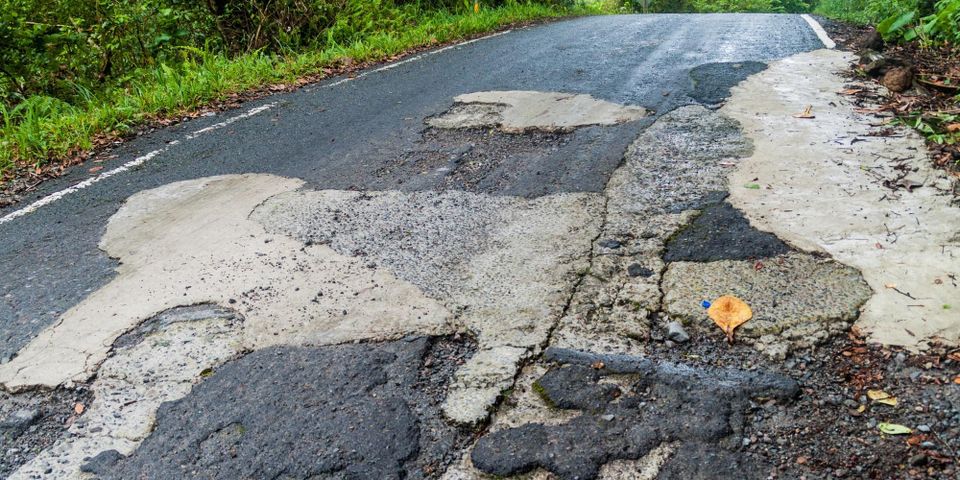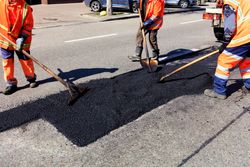How Does the Spring Thaw Cycle Affect Your Asphalt?

Asphalt is a durable and versatile pavement material, but it isn't indestructible. The wet and cold winter and spring weather can be hard on your driveway, road, or parking lot, especially in an area like Alaska where the cold weather continues for extended periods. Here’s what you should know about how the repeated freezing and thawing affects your asphalt.
How Is Your Asphalt Affected by the Freeze-Thaw Cycle?
When water freezes, it expands. If it's trapped in a rigid material like rock or pavement, this expansion can form cracks or cause existing ones to widen. Over time, the repeated freezing and melting of water erodes even the strongest materials. In your asphalt surface, this will first manifest as small cracks that are almost too small to see. These cracks will then widen and deepen, and chunks of the pavement might loosen. Meanwhile, the repeated freezing and the flow of melting water are also working on the ground under the road surface, eroding away support. In areas where the erosion is worst, potholes often form in the road.
How Can You Protect the Asphalt?
 Your road or driveway is coated with a water-resistant sealant to keep it safe, but this coating breaks down over time. Regular sealing treatments—about once every three years—will help close the tiny cracks in your asphalt surface to prevent them from widening, as well as make your driveway more water-resistant. For wider cracks, you'll need to plan repairs. Once large potholes form, it becomes more difficult to patch them individually; if the damage is bad enough, you should schedule professional resurfacing to replace your road surface.
Your road or driveway is coated with a water-resistant sealant to keep it safe, but this coating breaks down over time. Regular sealing treatments—about once every three years—will help close the tiny cracks in your asphalt surface to prevent them from widening, as well as make your driveway more water-resistant. For wider cracks, you'll need to plan repairs. Once large potholes form, it becomes more difficult to patch them individually; if the damage is bad enough, you should schedule professional resurfacing to replace your road surface.
If your asphalt needs maintenance or repairs to cope with Anchorage, AK's cold weather, contact Caddo Construction. Using advanced equipment and highly trained crews, they provide efficient paving services for commercial, civil, and private clients. Their competitive pricing and accurate estimates make it easy to improve your roads and parking lots. To schedule an appointment for resealing, call (907) 333-6160, or visit them online to learn more about their services.
About the Business
Have a question? Ask the experts!
Send your question

